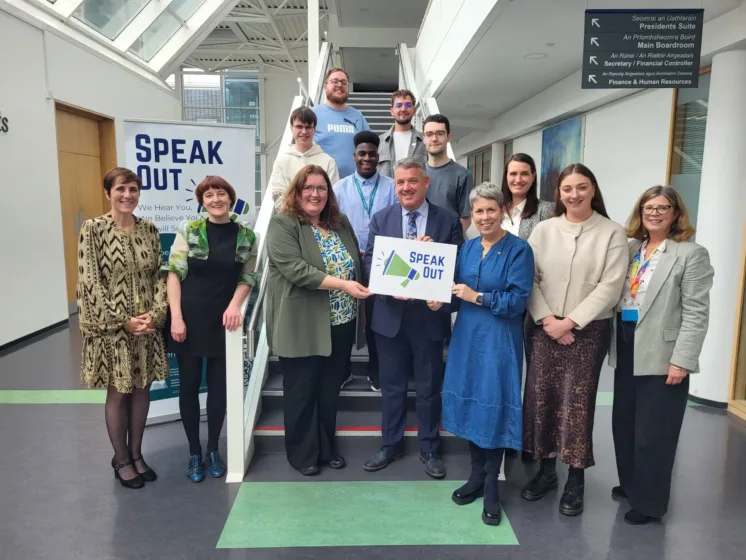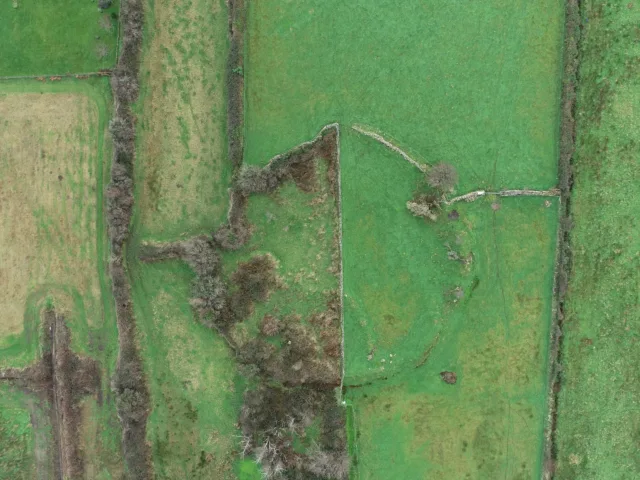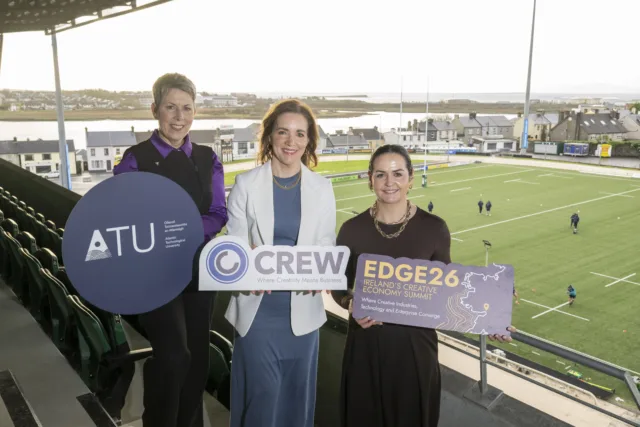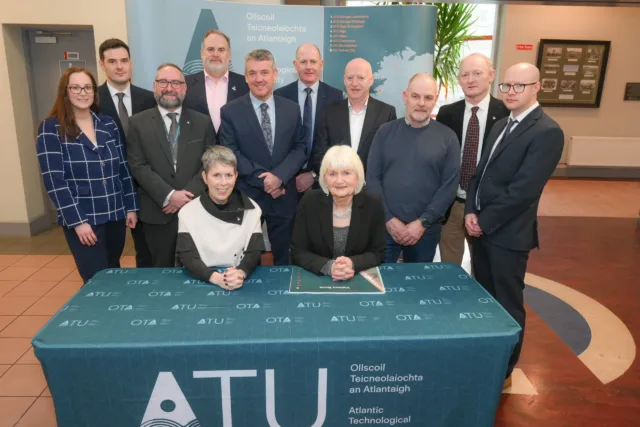Courses
ATU among universities and colleges uniting to boost campus safety
New national data reveals reluctance to report abuses in higher education.

Universities and colleges across Ireland have teamed up to release national data from anonymous reports of abuse and harassment by staff and students from 2022-2024. The data shows that bullying and harassment were the most common abuses reported to Speak Out, an anonymous online reporting tool introduced at 17 higher education institutions (HEIs) in a bid to enhance safety for students and staff.
Funded by the Higher Education Authority, Speak Out’s dataset will be used to inform future responses to abuse and harassment in higher education, and to encourage formal reporting.
While 1,011 staff and students made anonymous reports over this period, only 12% of students made a formal complaint to their university or college about the abuse while only 4% of students made a complaint to An Garda Síochána.
Speak Out, whose national office is based at Trinity College Dublin, allows people to disclose their experiences anonymously of bullying, harassment, assault and sexual violence – and avail of signposting to support services. It is one of a range of reporting options available in HEIs.
The report, based on data from the 16 HEIs that implemented this tool from 1 September 2022 to 31 August 2024, should not be read as reflecting the true prevalence of these behaviours.
The number of reports made through Speak Out is expected to rise as the service becomes more established. HEIs exist within the wider cultural and societal context, and as such many of the issues reported are reflective of the broader experiences of those living within Ireland.
Key findings included:
· 1,011 individuals made anonymous reports through the Speak Out tool. Of these, 636 were students and 303 were staff. 784 reported on their own behalf and 227 on behalf of someone else.
· The most common behaviours experienced were bullying (382 reports) and harassment (340).
· Sexual violence and sexual harassment accounted for 25% of behaviours disclosed by students. Students made 55 reports of rape, 106 reports of sexual assault and 108 reports of sexual harassment.
· Students disclosed significantly higher levels of purely physical abuse (17%) while 4% of staff disclosures involved purely physical abuse.
· 20% of staff and 12% of students made a formal complaint to their HEI about the abuse.
· 4% of students made a formal complaint to An Garda Síochána about the abuse.
· Common reasons for not reporting the incident to the HEI include a fear that nothing would be done or lack of proof that the behaviour took place.
· Common reasons for not reporting to the Gardaí included a sense that the behaviour was not serious enough, or again, that proof was lacking.
Speaking about the launch of the report, Minister for Further and Higher Education, Research, Innovation and Science James Lawless said:
I commend our universities and colleges, and the Higher Education Authority, for taking meaningful steps to make higher education a safer place for students and staff. By tracking harmful behaviours and abuse in this way, we’re building a clearer picture of the challenges and laying the groundwork for stronger, more informed responses. There must be zero tolerance for abuse on our campuses. What this report highlights is the urgent need to break the culture of silence around these difficult and traumatising experiences, and to ensure students and staff feel safe and supported when they come forward.
Elaine Mears, Coordinator at the Speak Out National Office, said: “Tackling abuse requires a whole of society response which will take time, commitment, and resourcing. The Higher Education Sector is stepping up to this challenge because we have a responsibility for our students and staff to be leaders in this cultural change. The resourcing of the Speak Out National Office and 16 new posts in HEIs dedicated to preventing and responding to sexual violence demonstrates a commitment from the HEA to working collaboratively to achieve this aim.”
Emma Monahan, Vice-President for Welfare at AMLÉ (Aontas na Mac Léinn in Éirinn), said: “AMLÉ believes that the Speak Out tool provides valuable data that can be used in tackling a range of issues faced by students and staff across our HEIs. AMLÉ will continue to work alongside the Speak Out team in order to raise awareness and engagement with the tool among the student population.”
Media Contact:
Elaine Mears
Speak Out National Coordinator MearsE@tcd.ie
087 2339938





